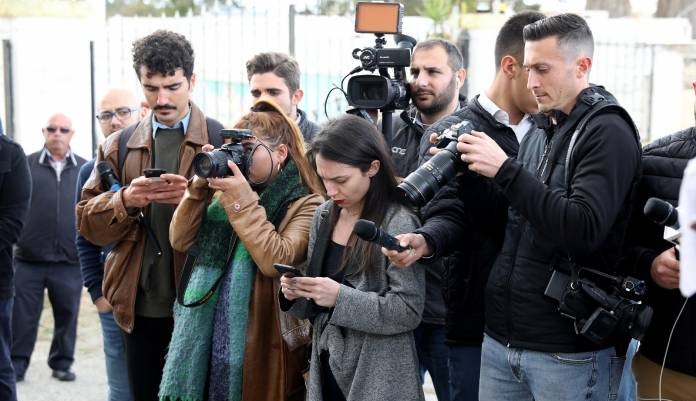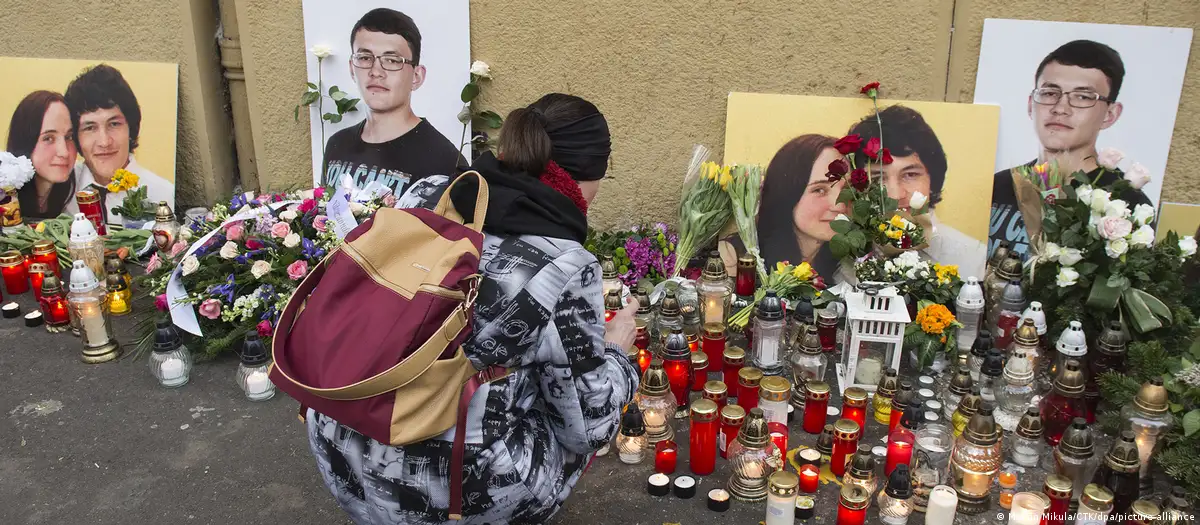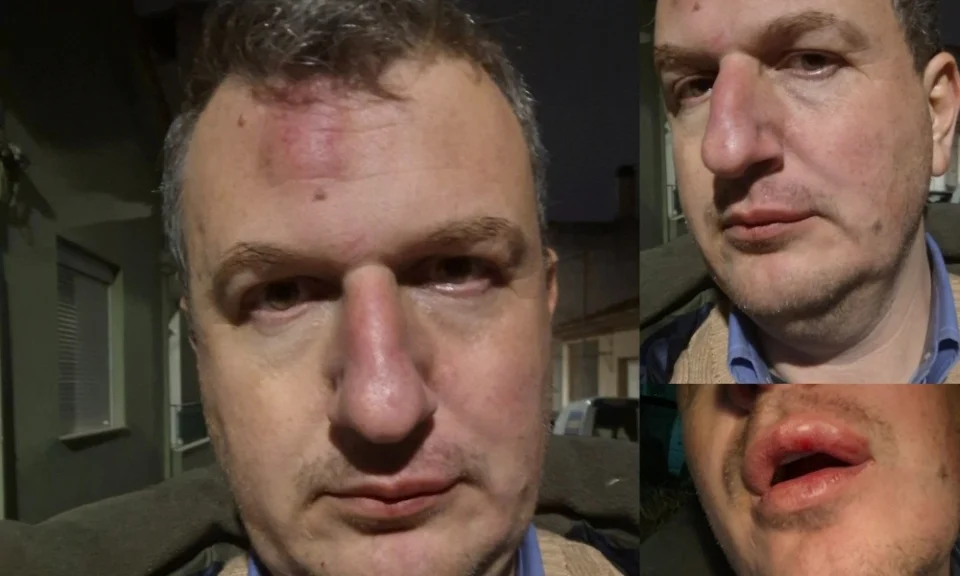
Investigation Urgently Demanded After Mozambican Journalist Selma Inocência Suspected of Poisoning
August 5, 2025
Gaza Journalists Continue to Face Hunger, Death and Displacement Amid Relentless Israeli Assault
August 5, 2025August 5, 2025 – Malta –
The Institute of Maltese Journalists (IGM) has strongly criticised a recent court ruling that effectively bans journalists from reporting on a high-profile money laundering investigation. The gag order, issued under Malta’s criminal code, bars media outlets from publishing any details related to the case, including names, documents, and testimonies, even though the investigation is ongoing and involves serious allegations.
IGM President Andrew Azzopardi slammed the decision as a profound attack on press freedom and the public’s right to know. He argued that the order turns legitimate journalism into a criminal act by punishing reporters for seeking factual elements that are part of a matter of significant public interest. According to Azzopardi, this ruling may well set a dangerous precedent: by shielding alleged wrongdoing from scrutiny, it shields impunity as well.
The investigation centers on allegations of illicit financial activity and organised laundering linked to political and business figures. Although authorities have not disclosed formal charges or named suspects publicly, ongoing leaks and court records indicate the case could uncover systematic corruption. Journalists who tried to report on these cues or related court filings were slapped with warnings and threats of legal action, prompting concerns over precedent in media access to public documentation.
IGM also highlighted that such gag orders disproportionately affect smaller news outlets with limited legal budgets, undermining diversity in press coverage and reinforcing information monopolies. The institute called for the Maltese government and judicial authorities to reassess the ruling, emphasising that transparency is essential to rein in financial crime and uphold democratic accountability.
The decision has drawn international attention, with press freedom advocates warning that legal restrictions of this nature contribute to self-censorship and erode the media’s role as watchdogs. In Malta, an EU member state with ongoing debates about governance reforms, observers say the gag order may reflect broader tensions between official interests and journalistic independence.
IGM has pledged continued vigilance and legal support for any journalist affected by the order. They underscored the urgency of revising or overturning the ruling before more cases of suspected wrongdoing are hidden from public view.
References –




